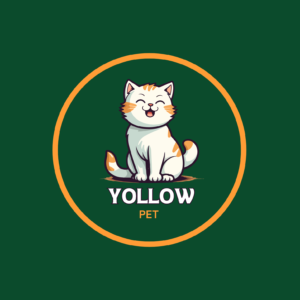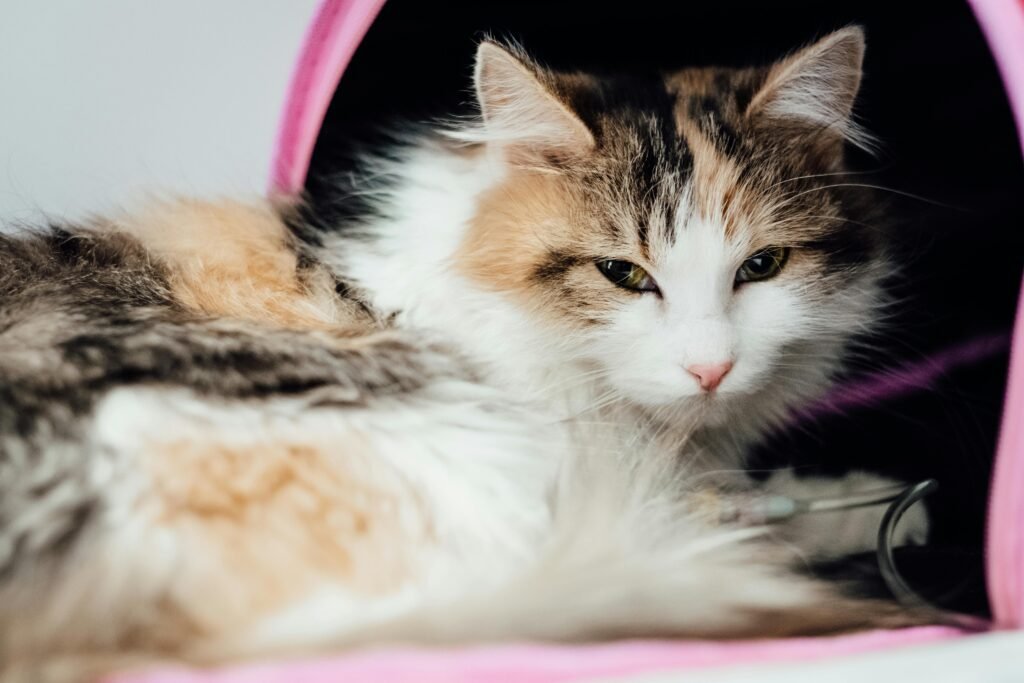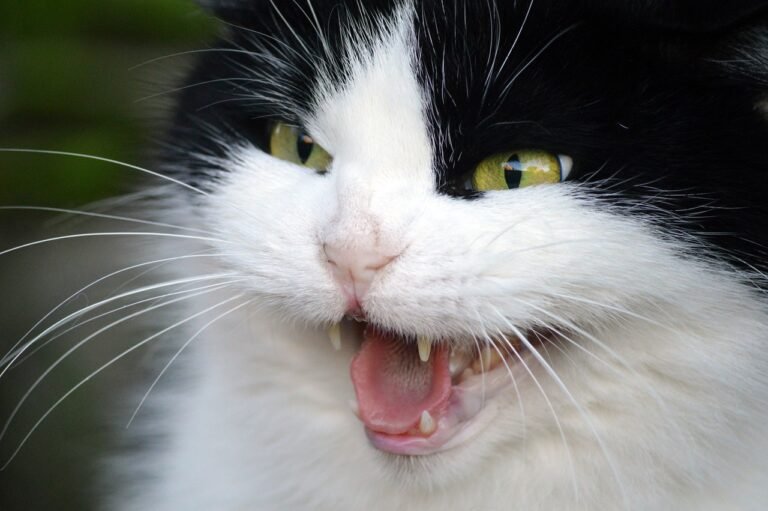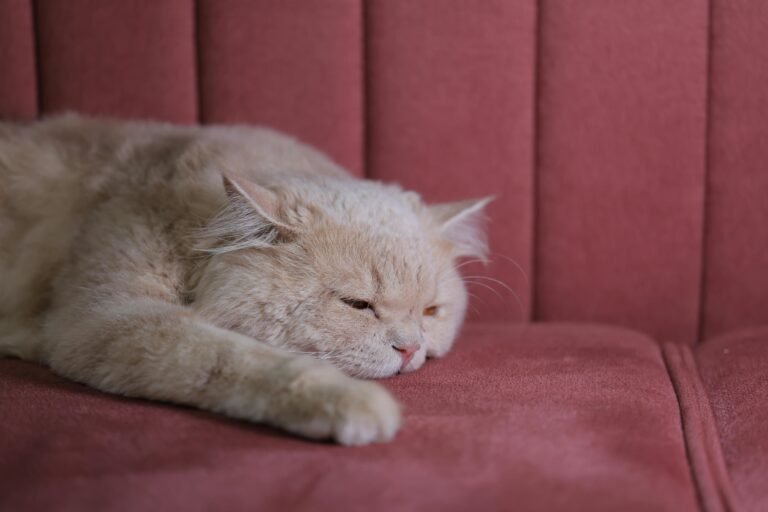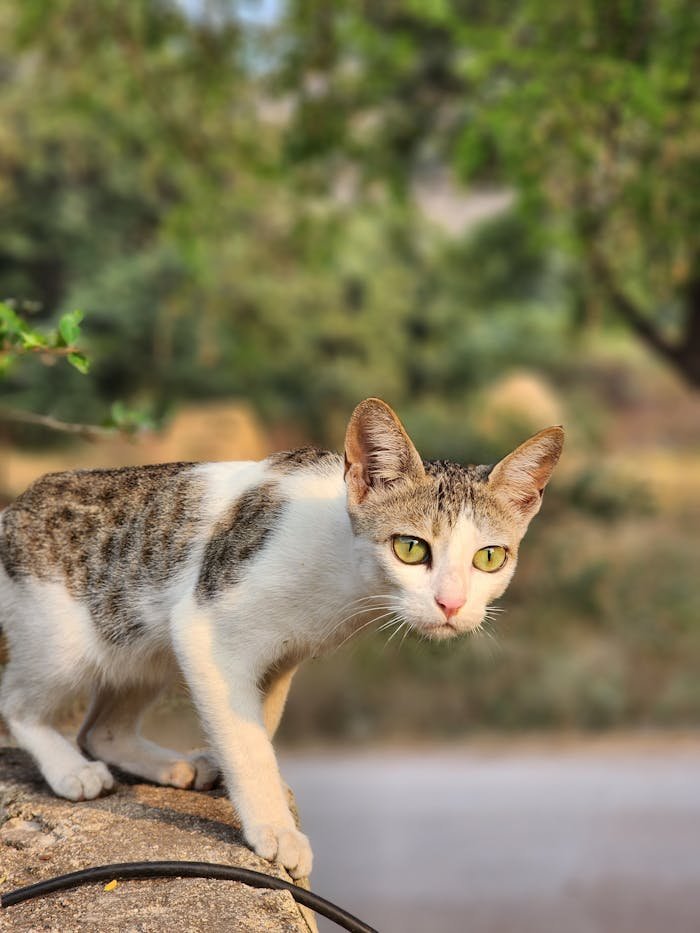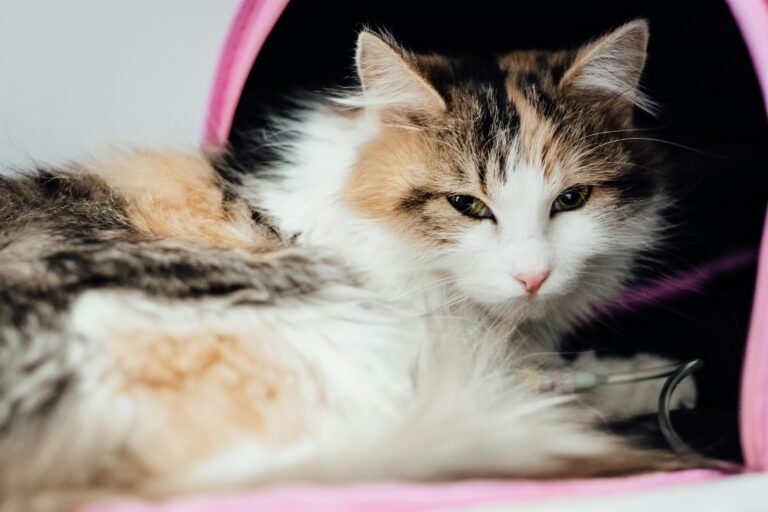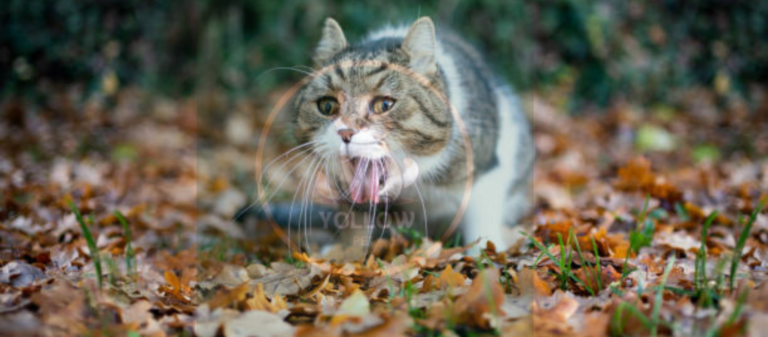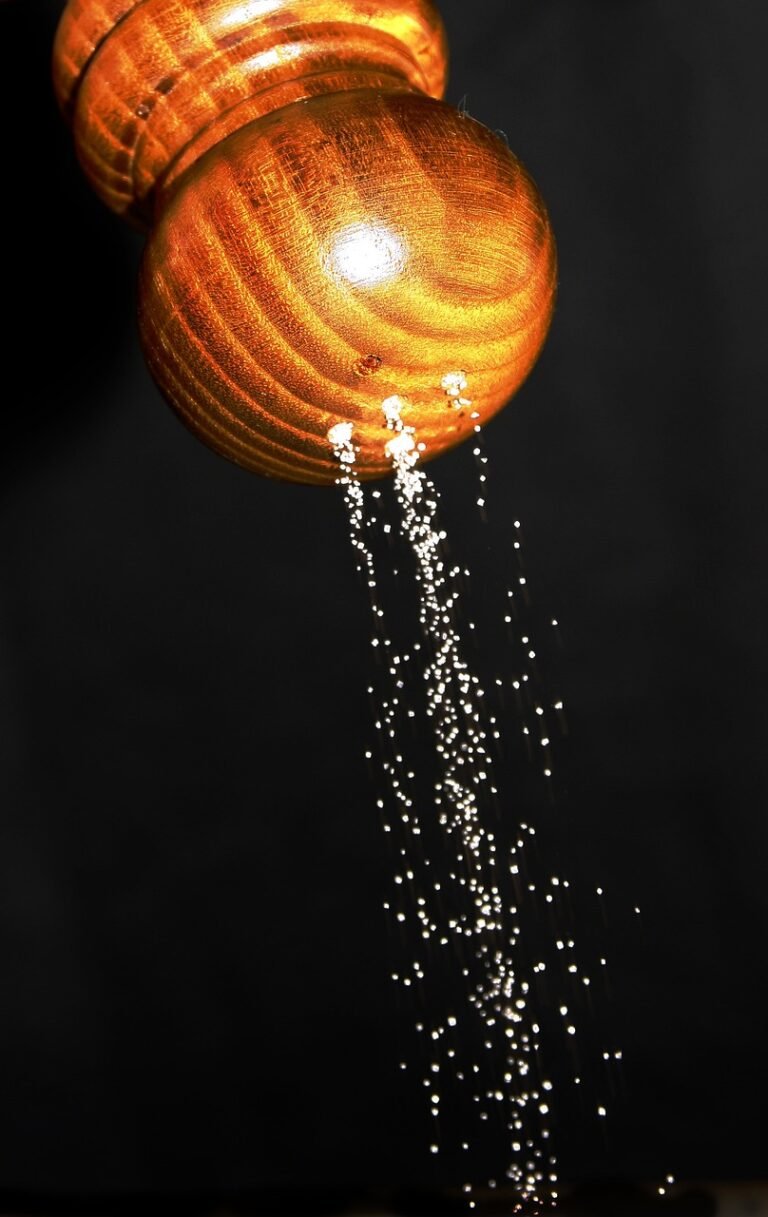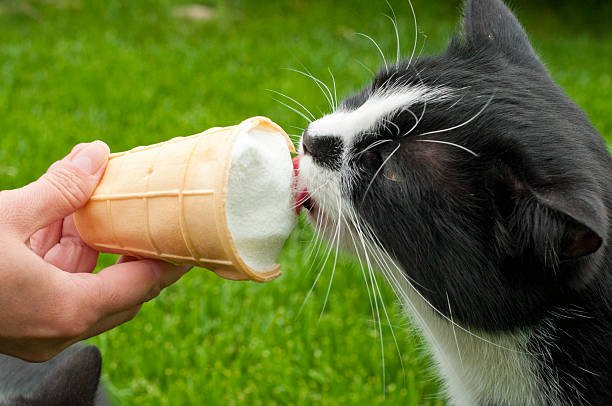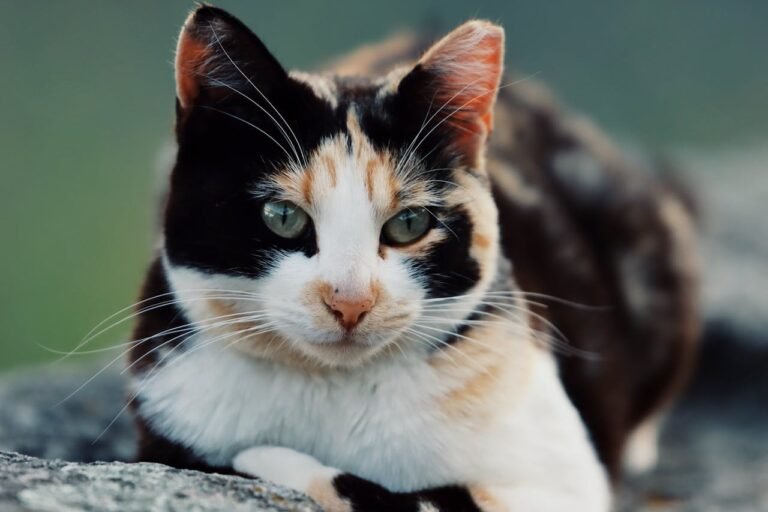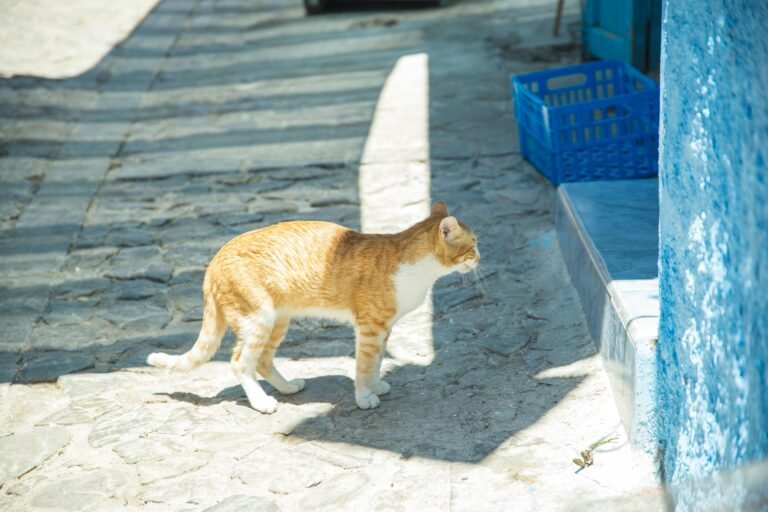Why Sugar is Bad for cat Health?
For a more detailed explanation of why sugar is harmful to cat health read on
Introduction
Many families have cats as pets and treat them just like a family member. However, in terms of their diet, they are worlds apart from humans. Although a sweet tooth for humans can be a guilty pleasure, it should not be part of a cat’s food basket. But the problem is that a lot of cat owners feed their pets sugary treats or food containing sugar and it is quite toxic to them. In this article, we are going to outline all the reasons why sugar is terrible for cats, and how it can have severe repercussions on their health and well-being if you let them consume it as a way of life
1. A cat's natural diet explained
Cats are obligate carnivores: They need meat to survive. Feral cats eat small animals, in the form of rodents, birds, and insects. They are not very carbohydrate and contain protein in moderato quantita e grassi elevata quality. So, they are metabolically adapted to diets that are rich in protein and low in carbohydrates, high levels of sugar are not normal cat foods
Lack of Sweet Taste Receptors
An unusual feature of cats is they do not have sweet taste receptors. It turns out that, in contrast to humans and some other animals, the sweet taste is not perceivable by cats. This is because their wild ancestors never had to search for sweet things. This results in no natural cravings for sugar, but that does not stop them from overeating it.
2. The Digestive System of Cats
Unlike humans, cats have a simple digestive system designed for a high-protein, low-carbohydrate diet. They are built to digest protein and fats, but not efficiently fuel off of carbohydrates (especially sugars) as they lack enzymes for carbohydrate metabolism
Limited Production of Amylase
A major standing difference between the digestive systems of a carnivore and an omnivore consists of amylase production enzyme responsible for the digestion of carbohydrates. Cats do not produce much amylase in their saliva and neither does their pancreas. So, if cats eat sugar, they cannot properly digest it which may have adverse effects on their health
3. The dangers of giving cats sugar
a. Obesity
Obesity Obesity is one of the most frequent effects of sugar intake in cats. When your cat takes in more calories than needed, weight gain can occur and junk foods are usually very calorie-dense with no nutritional value James also advises. This can cause them to become overweight and obese, which will put a strain on their joints, heart, and even other organs in the long term
Obesity-Related Complications
Obesity in cats can cause several health issues such as:
Diabetes mellitus (this is a condition when your body stops responding to insulin or fails to produce enough of it. This problem can be even worse by eating sugar which disrupts the regulation of blood sugar.
Risks Arthritis: Obesity causes extra strain on your cat's joints, and pressure over the years can result in arthritis.
Cardiovascular disease: Obesity may predispose a cat to heart-related problems.
b. Diabetes Mellitus
Diabetes is becoming a common condition in cats, especially in obese or older cats. The second explains how sugar consumption could play a role in the development of type 2 diabetes, in which the body is unable to control one’s blood sugar. Consuming sugar makes blood sugar spike in the body when cats consume them, fruiting the pancreas and producing much more insulin. A prolonged need for insulin can result in resistance to the hormone called Insulin Resistance which represents a state where our body stops recognizing it which leads to its demand not being saluted properly
Symptoms of Diabetes in Cats
Polydipsia/polyuria (increased thirst and urination): Diabetic cats are often very thirsty and will drink a lot of water.
More food but still losing weight: Diabetic cats often eat more and lose weight because the glucose they are eating is unable to get into their cells where it is used for energy.
Weakness and Lethargy: Cats with untreated diabetes may become weak and lethargic due to a lack of energy in their muscles.
c. Dental Problems
They too are actually an inducers of oral problems in kitties as sugary foods. In humans, sugar causes similar problems by feeding oral bacteria. The acids produced by these bacteria are incredibly harmful, as they cause tooth enamel to erode, giving birth to cavities and gum disease. Cats get badly sore teeth and without treatment, it will result in tooth loss and infection
Signs of Dental Problems
Odorous breath: Often a rancid whiff from the mouth can mean dental disease.
Impaired eating: You may notice your cat is only chewing on one side, or that he drops food every time he goes to eat.
Drooling: Drooling more (or less) than usual can signal mouth pain
d. Digestive Issues
If you feed your cat sugary foods, the simple sugars from them are not properly digested by felines and this can cause gastrointestinal upset. This could mean diarrhea, vomiting, or even just having a stomach ache. A cat might even manifest a more serious condition such as pancreatitis in severe cases; when the pancreas becomes inflamed and painful
4. Sugar Hiding in Commercial Cat Foods and Treats
Commercial cat foods and treats are full of added sugars, even if they are not needed by cats. Sugar may be added for taste, texturizing, or preservation. Some of the common sources of sugar in cat food include:
- Corn syrup
- Fructose
- Dextrose
- Molasses
- Reading Labels
Ironically, cat owners need to check ingredient lists on cat food and treats very carefully. Make sure there are no sugars or sugar replacements added to your foods. A little bit of sugar here and there is not the problem but eating sugar several times a day or in larger amounts long-term is
5. Alternatives to Sugary Treats
If you do like to spoil your cat with something extra yummy, of course, there are plenty of other healthy alternatives that contain the nutrition that cats actually need rather than sugar. Some great options include:
Cooked chicken or turkey is Protein-rich and a cat’s favorite.
Meat treats made from real meat and without additives or sugars (try freeze-dried)y
Catnip/cat grass: Cats can eat these plants and it may offer some environmental enrichment
6. Avoiding Sugar-Related Health Issues in Cats
In order to keep your cat healthy and remove the risk of feeding any sugar, there are some easy steps;
Provide a balanced diet species: To avoid problems with your pet weighing, invest in quality feed for cats, high in animal proteins and low in carbohydrates.
Keep treats and human food to a minimum: Many human foods have sugars in them hidden so it is best not to feed your cat any scraps from the table.
Regularly visit a vet: A trip to the checkups may help diagnose any possible health problems early such as obesity, diabetes, and dental issues.
Promote some exercise: Give your cat toys, scratching posts, and playtime
7. Considerations in Senior Cats
Cats are more sensitive to sugar the older they get. “Older cats have a high number who become obese, or diabetic, or suffer dental problems you must observe their diet, so avoid giving them sweet cookies. Older cats may even have slower metabolisms in general, which can make the burning of calories a bit more difficult.
Conclusion
To humans, sugar may be harmless (even enjoyable) but in a cat’s diet, it is absolutely not necessary. NO SUGAR, CARBS: This explains cats are obligate carnivores and have unique dietary requirements. When you feed your cat sweet foods, they can develop a variety of health disorders such as obesity, diabetes, dental disease, and gastrointestinal problems. Knowing what your cat needs to eat and serving the right diet can help keep your feline friend lively, happy, and thriving for years.
To sum it up, one of the best things that you can do to ensure your cat leads a healthy life is to keep sugar out of their diet. Whether you read food labels carefully, pick healthier treats, or consult with your veterinarian, every little bit helps to contribute toward the health and happiness of your feline friend
